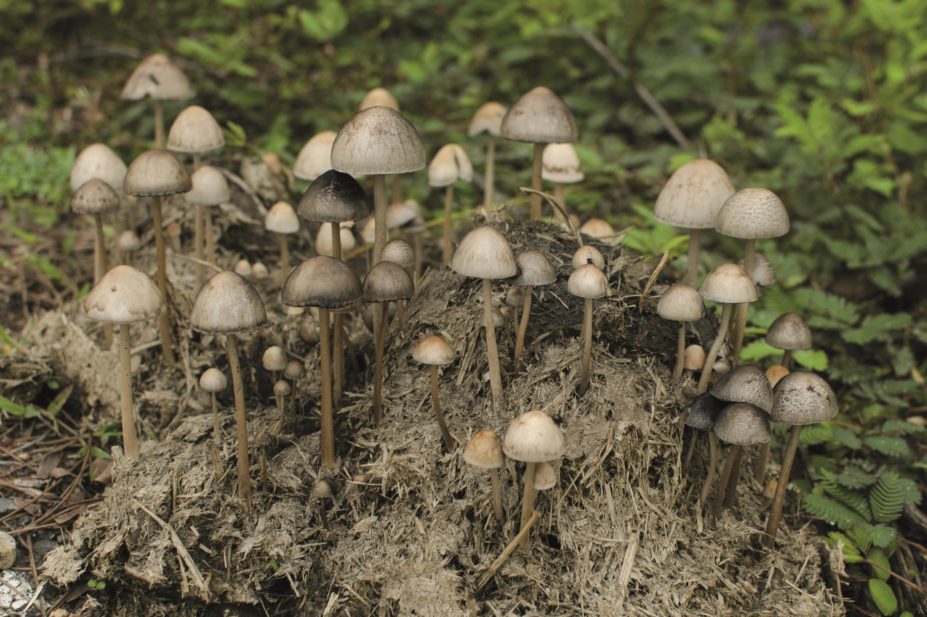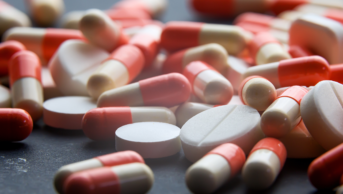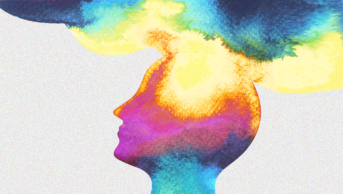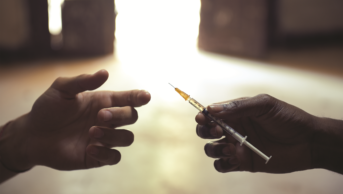
Shutterstock.com
Psilocybin, the psychedelic drug found in ‘magic mushrooms’, has previously been found to help patients with drug addictions, end-of-life anxiety and obsessive compulsive disorders.
Researchers from Imperial College London conducted a small trial to test the drug in moderate to severe depression.
A group of 12 men and women were given two single doses of psilocybin (10mg and 25mg) a week apart. Patients’ average score on the Quick Inventory of Depressive Symptoms, which determines a patient’s level of depression before, during and after treatment, dropped from 19.2 out of 27, indicating severe depression, to 7.4 one week after the second dose (P=0.002). The average score three months later was 10.0, indicating mild depression (P=0.003).
Reporting their findings in The Lancet (online, 17 May 2016)[1]
, the researchers say further trials with more rigorous designs are needed to fully explore the therapeutic potential of psilocybin.
References
[1] Carhart-Harris R, Bolstridge M, Rucker J et al. Psilocybin with psychological support for treatment-resistant depression: an open-label feasibility study. The Lancet 2016. doi: 10.1016/S2215-0366(16)30065-7


